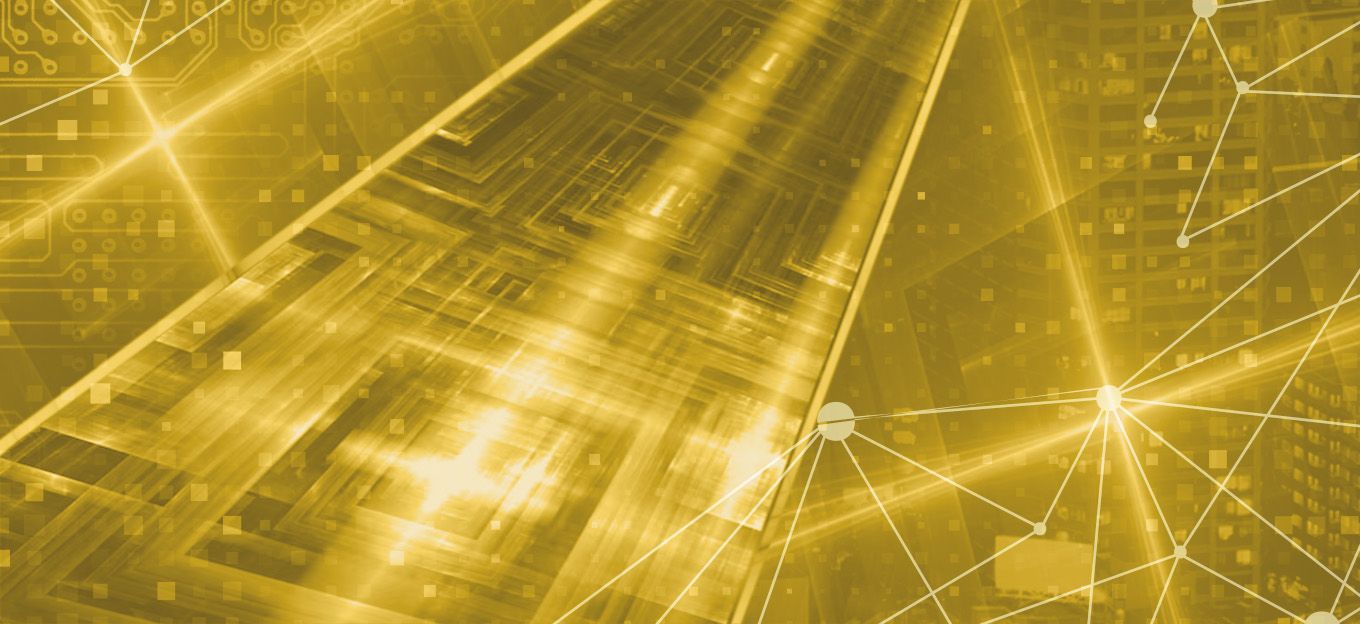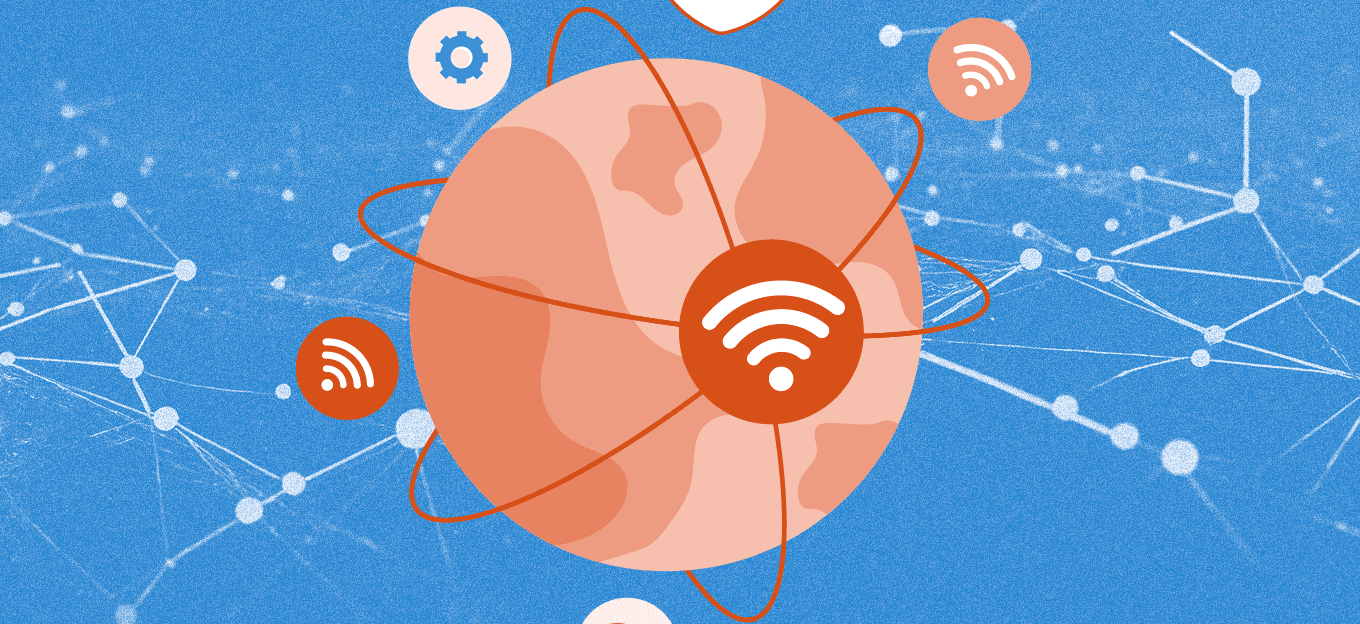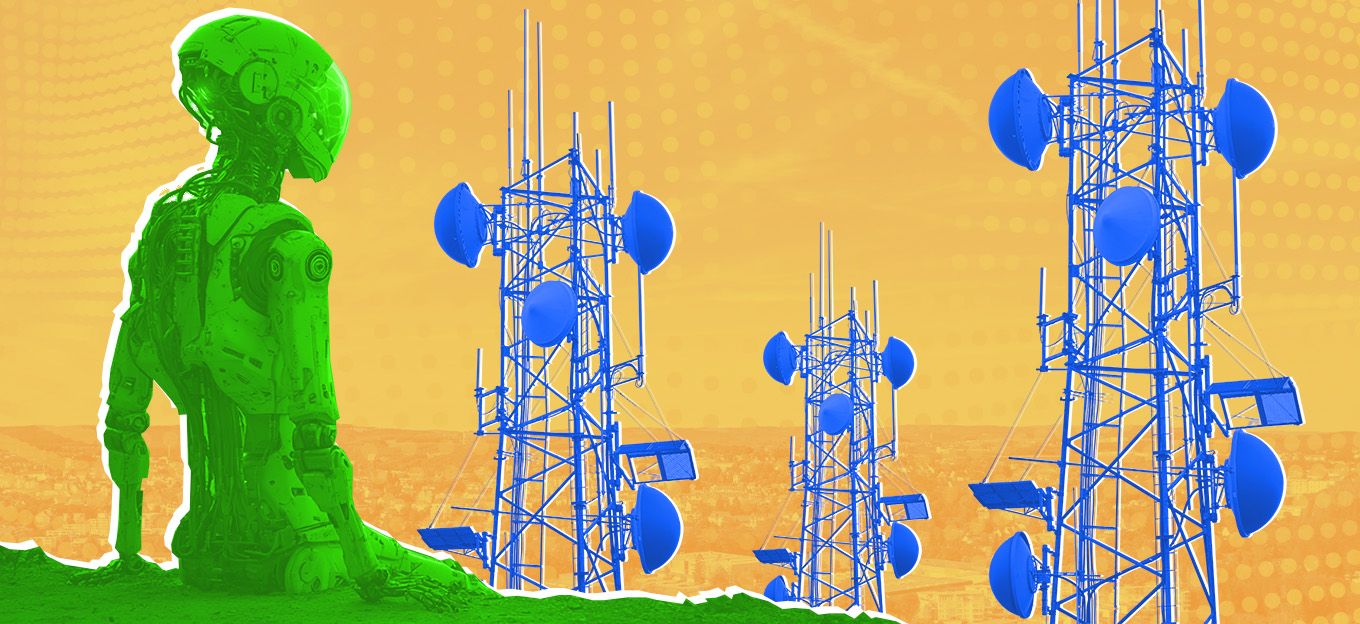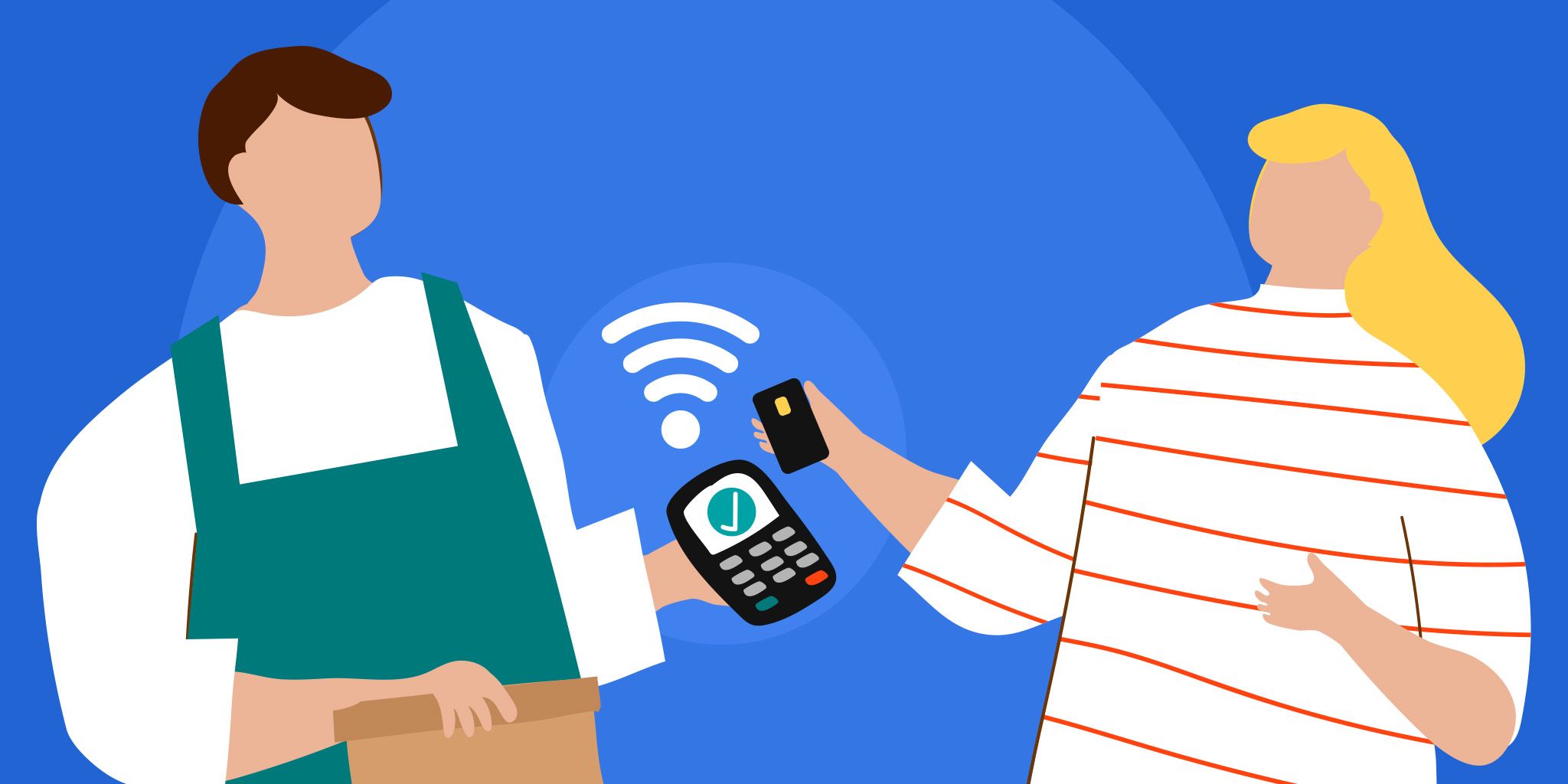6 IoT Certifications to Enhance Your Career Prospects
6 IoT Certifications to Enhance Your Career Prospects
- Last Updated: December 2, 2024
Guest Writer
- Last Updated: December 2, 2024



IoT is one of the fasting growing sectors of the tech industry. If you're looking to advance, or even change, your career, IoT is a great choice. According to Mordor Intelligence, IoT is expected to reach a value of $1,386.06 billion by 2026. This will drive plenty of new jobs in IoT. However, sources for learning more about IoT can seem overwhelming. IoT certifications are a great place to start. Here are six IoT certifications that will help you advance your career.
1. Internet of Things: Cisco
Cisco provides educational material for IoT learners at all levels. Its "Introduction to IoT and Digital Transformation" course is available in three languages (English, Spanish, German) and offers a comprehensive overview of IoT, including its impact on digital transformation, basic programming concepts, the importance of data, automation, and security, and job opportunities in the field.
For those with more advanced technical skills, including engineers, designers, network administrators, and technical solutions architects with software development, Linux, and programming knowledge, Cisco offers the "Developing Solutions Using Cisco IoT and Edge Platforms" course, which prepares individuals to create IoT applications for Cisco's IoT Edge compute and network infrastructure.
In addition, the Cisco Learning Network features webinars and training videos covering topics such as machine learning, IoT dashboards, the Cisco Kinetic EFM system, and Python.
2. Introduction to the Internet of Things (Graduate Certificate): Stanford School of Engineering
This online course is offered free to the public, and all you need to do is to submit a non-degree option application. It also doesn’t have any prerequisites, and you can easily complete it online.
The course provides an overview of IoT and areas that will matter to its professionals, such as sensors, circuits, networking, embedded systems, and applications. Although this introductory course is noncredit, it's a stepping-stone to the university’s IoT graduate certificate.
The graduate certificate is open to all IoT practitioners and business professionals.
3. Internet of Things Foundation Series: AWS
This e-learning series consists of modules in telemetry, command and control, fleet management, and predictive maintenance. You’ll need about 9.5 hours to complete the entire course online.
The Amazon Web Services digital training course targets data engineers, operational analysts, and business decision-makers, among many others who want to build their knowledge on the subject. After completing the course, you should be able to understand technical topics such as MQTT, IoT Security, and the AWS IoT Rules Engine.
AWS also has a separate 10-minute introductory course to IoT, which is strongly recommended that you complete to enroll in this course.
"IoT certifications can be a quick path into the technology-related career you've been looking for."
-Jamie Leigh
4. Introduction to Azure IoT: Microsoft
December 31, 2019, marked the end of the Microsoft Professional Program, which would have included IoT. However, Microsoft still offers a free 6-unit training on Azure IoT. The units go over IoT, how Azure IoT works and when to use it and includes a knowledge check with three multiple-choice questions.
5. Introduction to Programming the Internet of Things Specialization: UCI Division of Continuing Education
The University of California–Irvine offers this specialization course, broken into six courses, covering Arduino, Raspberry Pi, and Python programming. The course aims for students to use what they’ve learned to design and deploy an IoT device.
This course is 100 percent available online through Coursera, and it offers a flexible schedule.
It’s one of those certificate courses on Coursera where financial aid is available, but enrollment is free.
6. IoT Professional Program: IoT-Inc.
Bruce Sinclair is the instructor of IoT-Inc. Certified IoT Professional (ICIP), which is for busy entrepreneurs, investors, engineers, and developers. He's a best-selling author on IoT, with a background in programming and marketing and holding CEO roles in various IT companies.
The program is three courses long, promising real-world case studies covering commercial, industrial, consumer, and infrastructure IoT fields. In total, you’ll have to complete 45 modules in 163 lessons. Also, it has 28 quizzes, and you’ll take one final exam at the end of the course.
The online training is paid, but free content is accessible on the website.
Preparing for Your Coursework
Surely, you have set your sights on one or two of the certifications above to expand your credentials. With simple online enrollment, you can easily earn your desired certifications without attending physical lessons.
This post covers both free and paid courses, giving you the option to pick one that fits your career development strategy.
Here’s to becoming a certified IoT professional and eventually landing your dream job.
Originally published March 10, 2020. Updated February 6, 2023.
The Most Comprehensive IoT Newsletter for Enterprises
Showcasing the highest-quality content, resources, news, and insights from the world of the Internet of Things. Subscribe to remain informed and up-to-date.
New Podcast Episode

Navigating the Future of Embedded Computing
Related Articles




